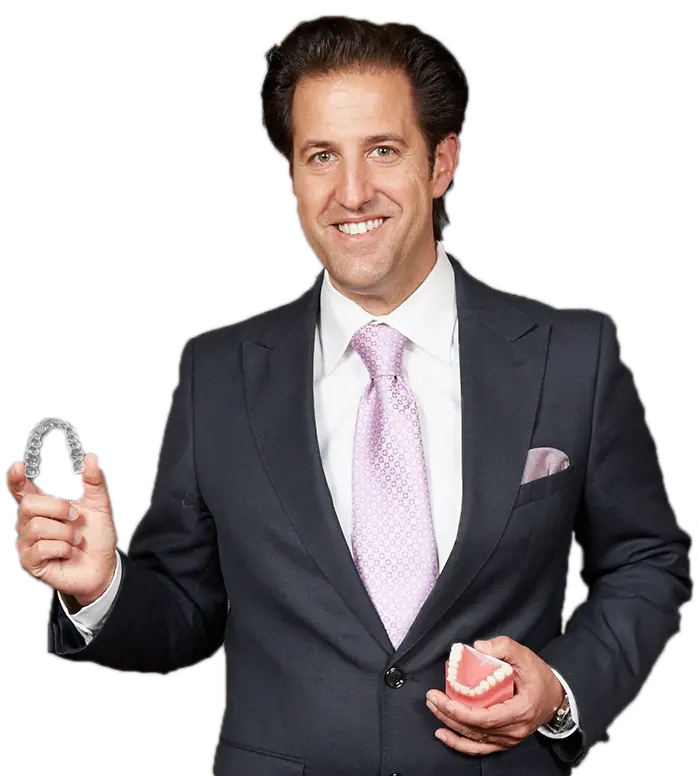Tips for Choosing the Right Orthodontist in Plainsboro NJ
Who Is an Orthodontist?
An orthodontist is a dentist who specializes in orthodontics (tooth and jaw alignment) and dentofacial orthopedics, which include guidance of facial, jaw and facial development.
You can choose braces based on objective parameters, like the cost, quality or appearance, but the most important factor is the orthodontist. One way or another, in order to get a beautiful smile and even teeth, it is most important to choose the right specialist; all other issues, including the type of braces, affect the quality of treatment only indirectly.
Much of the work of orthodontists can be classified as shaping the jaw and teeth as they grow naturally, so it is very important to stop any unresolved issues while your child is still very young. However, even as an adult, you find that orthodontic care may be required to correct some anomalies in your jaw or bite, which is still part of their scope. Orthodontists are highly qualified specialists and have an impressive arsenal of procedures and techniques to help adults overcome jaw deficiencies. Problems that are not treated in adulthood can lead to gum disease and/or tooth loss.
Why Do You Need To Choose an Orthodontist?
- Orthodontic treatment is long-term, and its visible result is delayed in time. Therefore, the patient cannot immediately determine that the treatment is proceeding as needed and the result suits him. This will take at least a year of time – you shouldn’t waste it in vain and then start all over again, we all agree on that. You will also have to closely communicate with your orthodontist all the time, so it is worth taking care of and choosing a person who is pleasant to you.
- There are various payment schemes for orthodontic treatment. You need to choose the one that suits you not in the process but before.
- All orthodontists have their own specialization and extensive experience in a particular type of equipment. Someone specializes in the treatment of children, and someone on adults, someone works with self-ligating braces, and someone with lingual braces, etc.
Consider this point when making your choice, especially if you want to be treated with a certain type of apparatus. Choose the orthodontist who works exactly on the equipment that you plan to install.
Tips for Choosing the Right Orthodontist
1. Look for a doctor, not a clinic.
You should look for a doctor rather than a clinic. After all, a doctor performs the procedures, and the name of the clinic should not be the deciding factor when selecting a treatment facility.
Of course, it’s ideal if you can locate a top-tier doctor who works in a specialized orthodontic clinic. The treatment will be more comfortable as a result, but there are only one or two Orthodontists that are truly outstanding in establishments like those that employ as much as 20, and you don’t know who you’ll meet.
2. Don’t always look for a good orthodontist near your home
Try to consider less the locations that are exceedingly convenient for you. If you want the best, the most experienced doctors most likely aren’t nearby. At the same time, orthodontic treatment necessitates a monthly, if not less frequent, appointment, with some braces systems requiring attendance every 8 to 10 weeks. It is preferable to go a little further once a month but not too far that it becomes difficult to meet up with appointments.
3. Always look for a specialist
Always look for a specialist who deals only / mainly with orthodontics and has the appropriate certificate. Of course, in reality, a certificate does not guarantee the competence of a specialist. But if you are told that in addition to treatment/removal/prosthetics of teeth, the dentist also “glues braces”, then this is a very good reason to refuse “installing braces”. The reason is simple: in 90% of cases, these doctors consider orthodontics to be something like a simple hobby; they say you just need to glue the braces and change the arcs, and they end up making things worse. There may be positive exceptions to this rule, but in most cases, it doesn’t end well.
4. The type of braces preferred by the orthodontist
Every orthodontist prefers and, as a result, achieves the best results with a certain type of braces. If the orthodontist doesn’t work with ligature braces, you shouldn’t ask him to treat you with ligature braces. Even if he agrees, you probably won’t be pleased with the treatment time and result. Accordingly, if you want to install inexpensive ligature braces, the best option would be an orthodontist who prefers this type of system. The same applies to lingual braces, even to a greater extent, since the treatment with their help is the most difficult and time-consuming.
5. Work according to your budget.
Find out the estimated procedures costs before you sign up for them. It is also good practice to review the policies of the clinic you are visiting.
It is worthwhile to be wary if the orthodontist reports that:
- You do not need to visit a dentist before setting up the equipment.
- Treatment will take less than a year,
- After moving teeth, you will not need to hold the result with a retainer,
- Treatment has no contraindications and complications,
- The result will be ideal.
Re-treating after poor-quality orthodontic treatment is much more difficult (and sometimes impossible) than starting from scratch. A broken crown or filling can be repaired, but orthodontic treatment makes everything much more complicated. That is why you should give thorough consideration to who does the job for you. Dr. Jonathan Nicozisis has been practicing for several years and has gathered knowledge and experience in the field of orthodontics. For further questions and inquiries, call tel:+6097578815 or visit our office at 295 Princeton Hightstown Rd. #5 West Windsor, NJ 08550.





